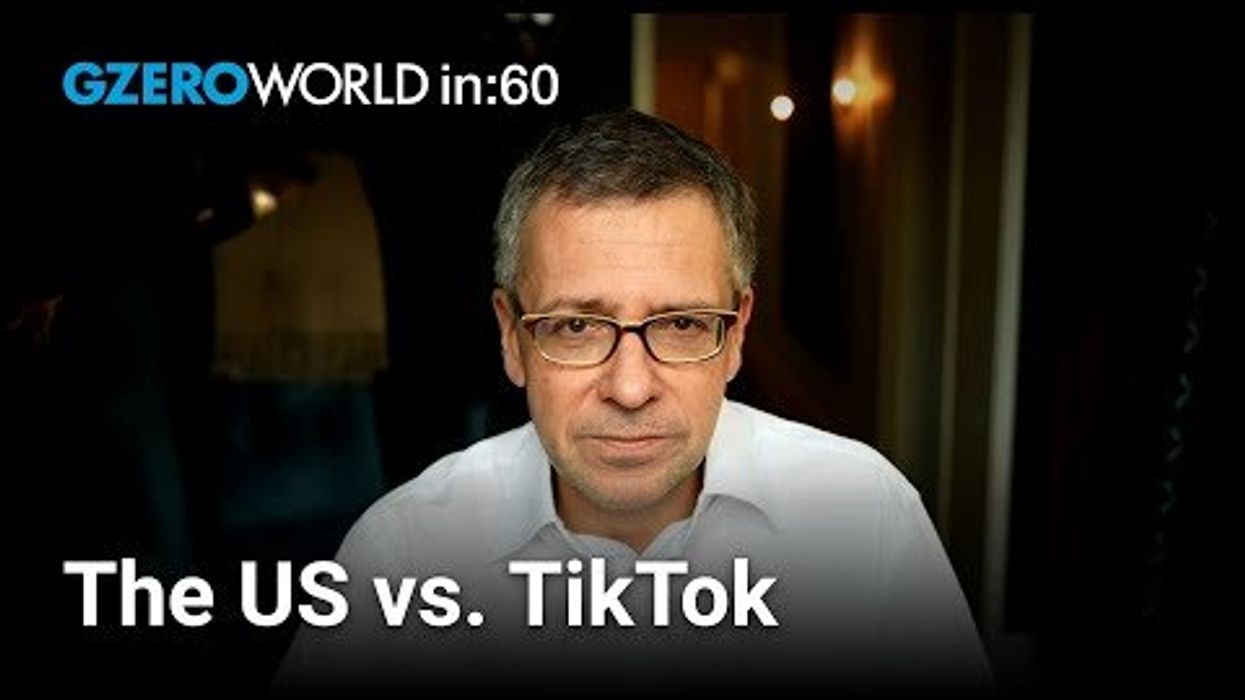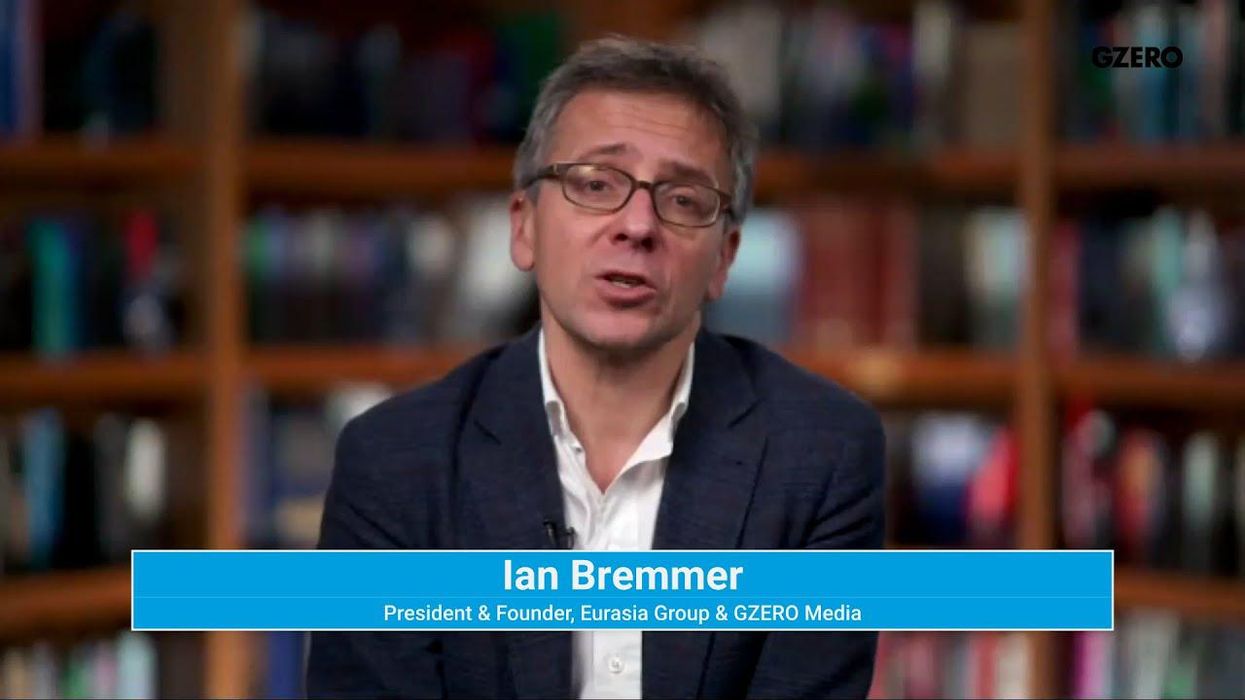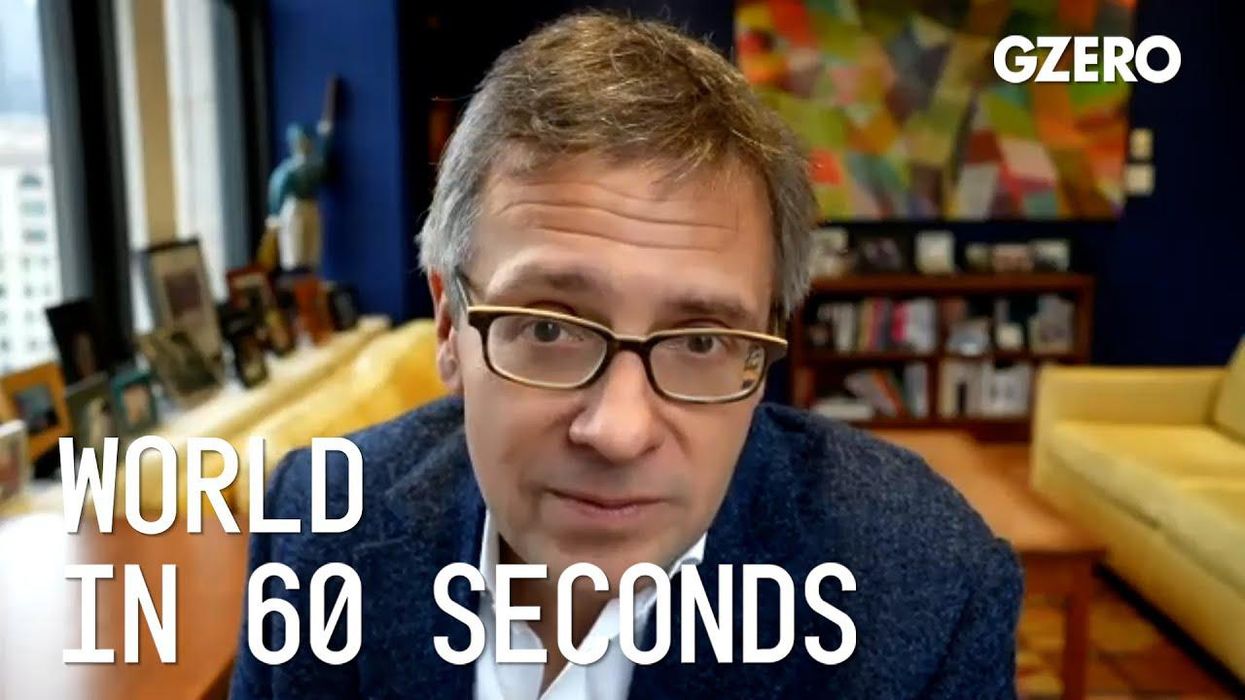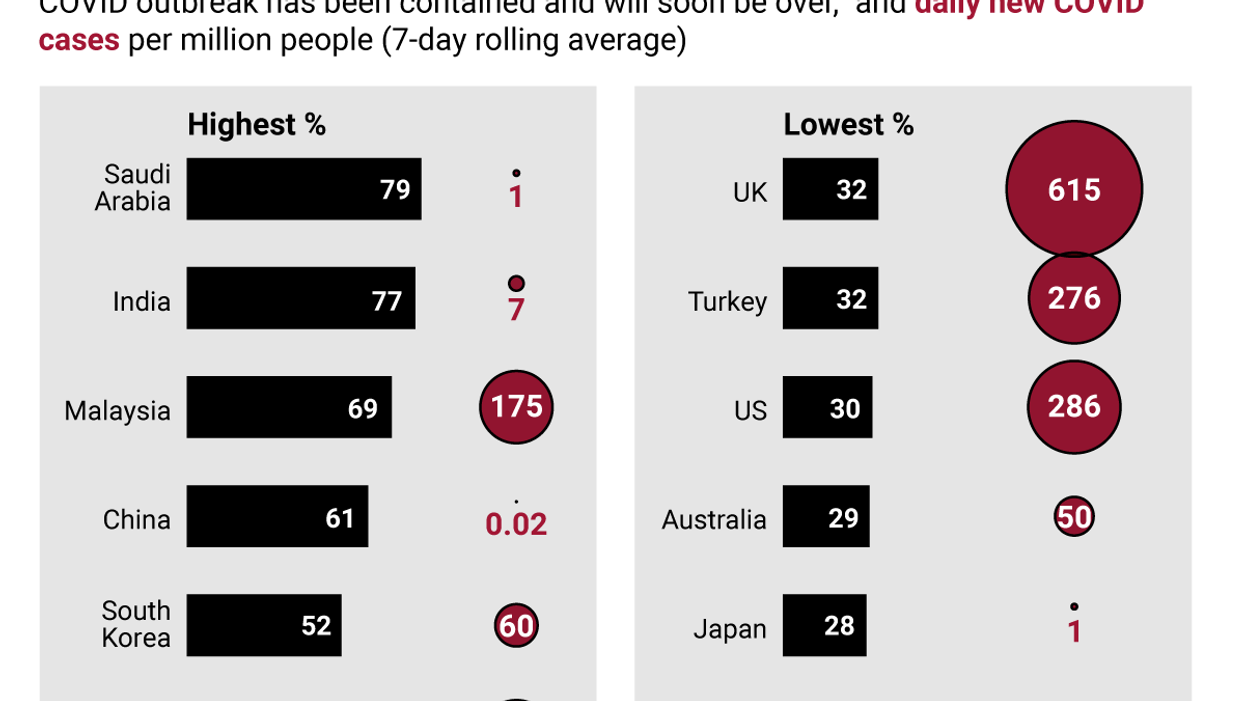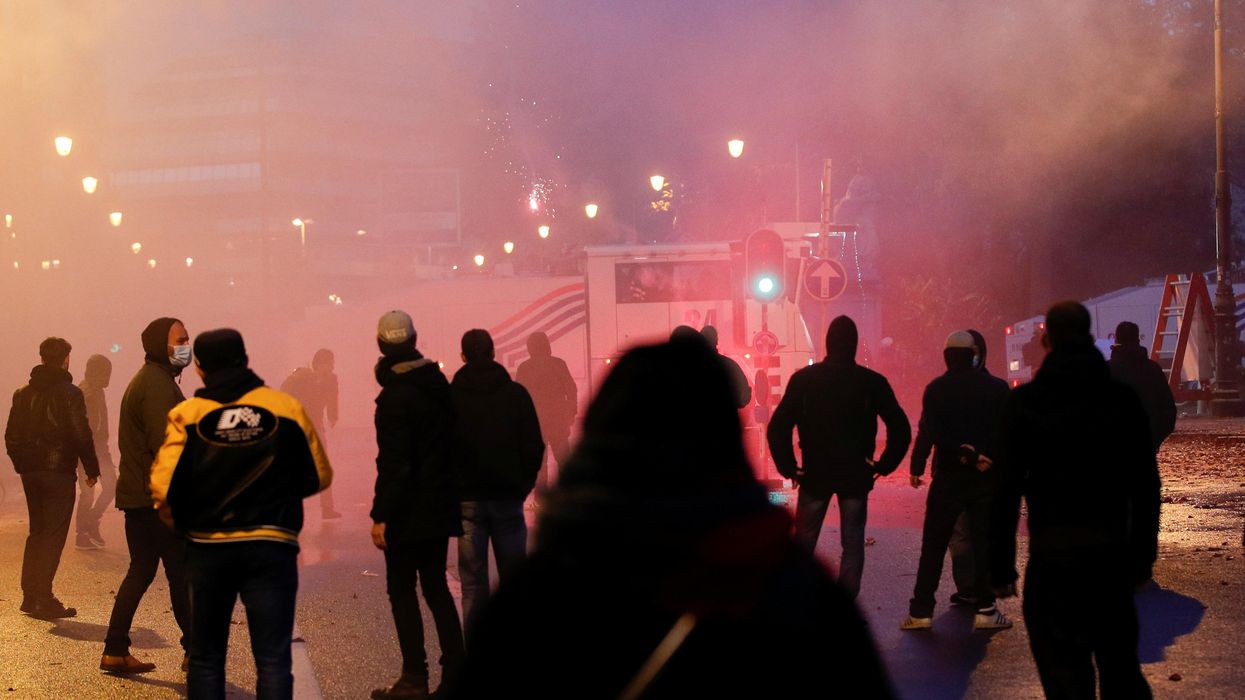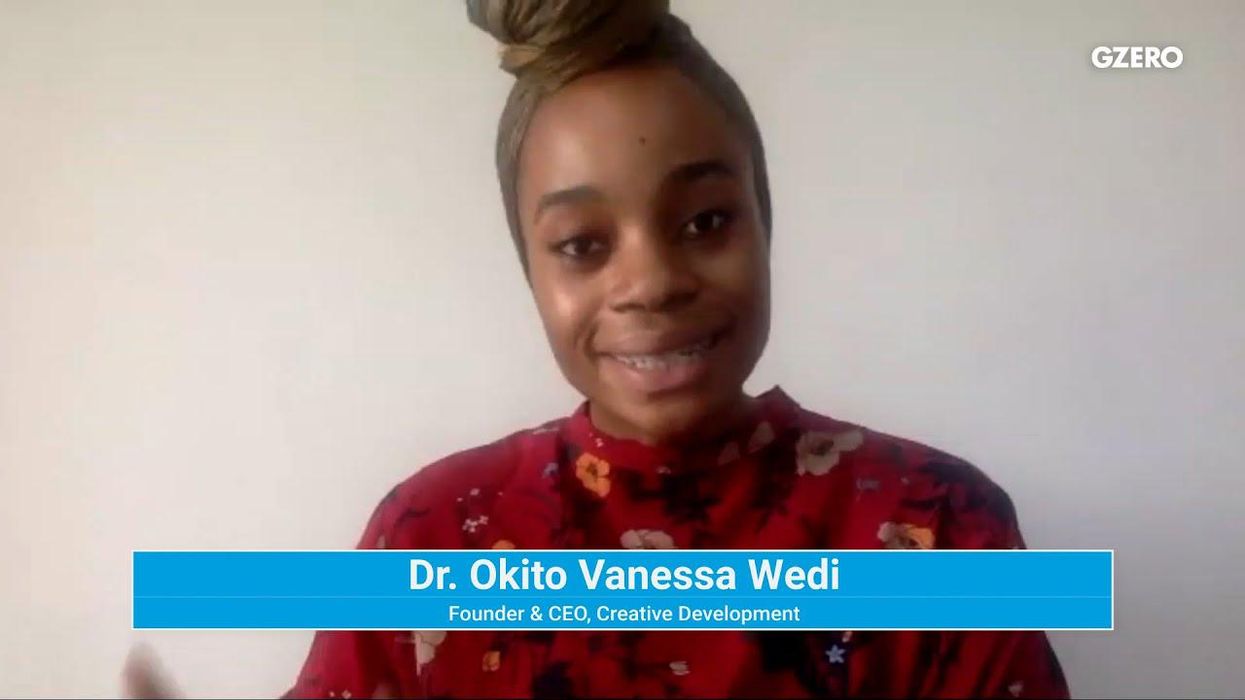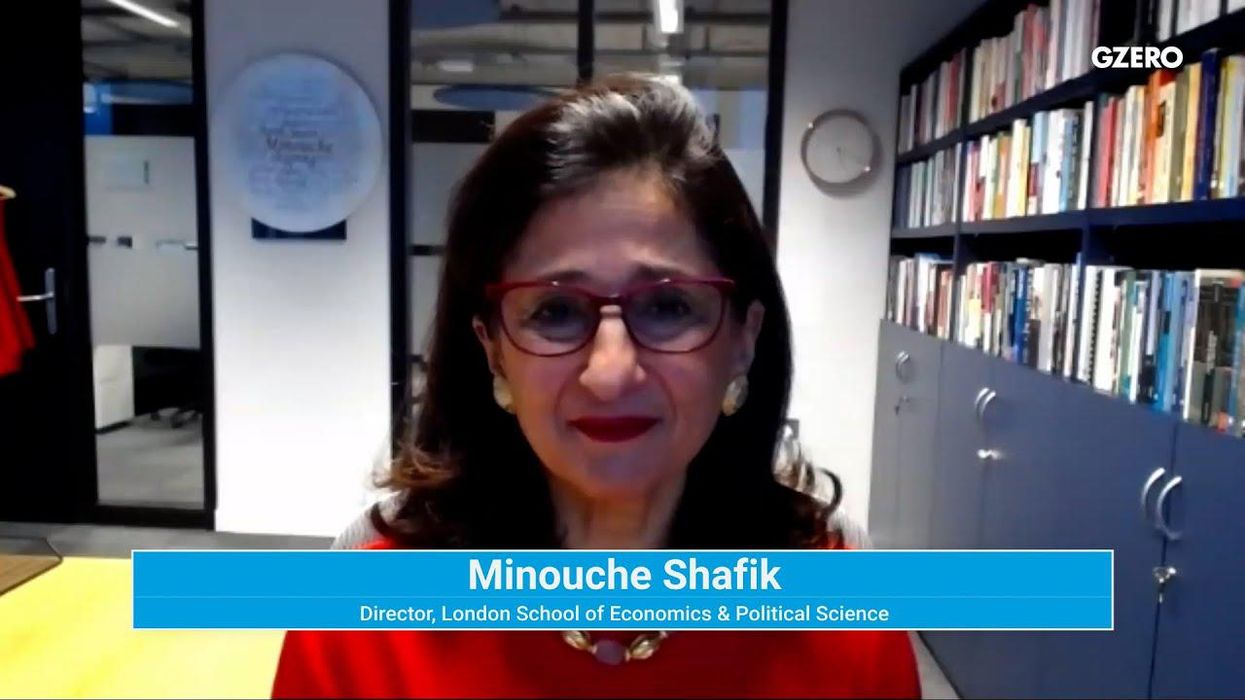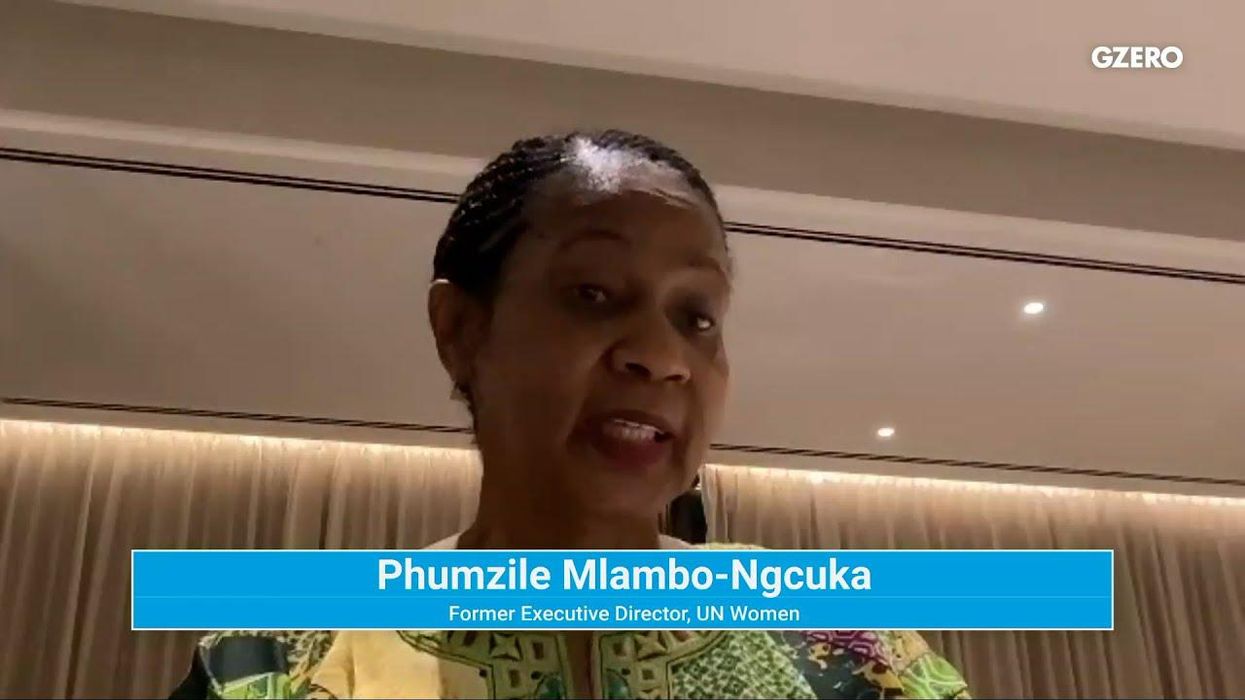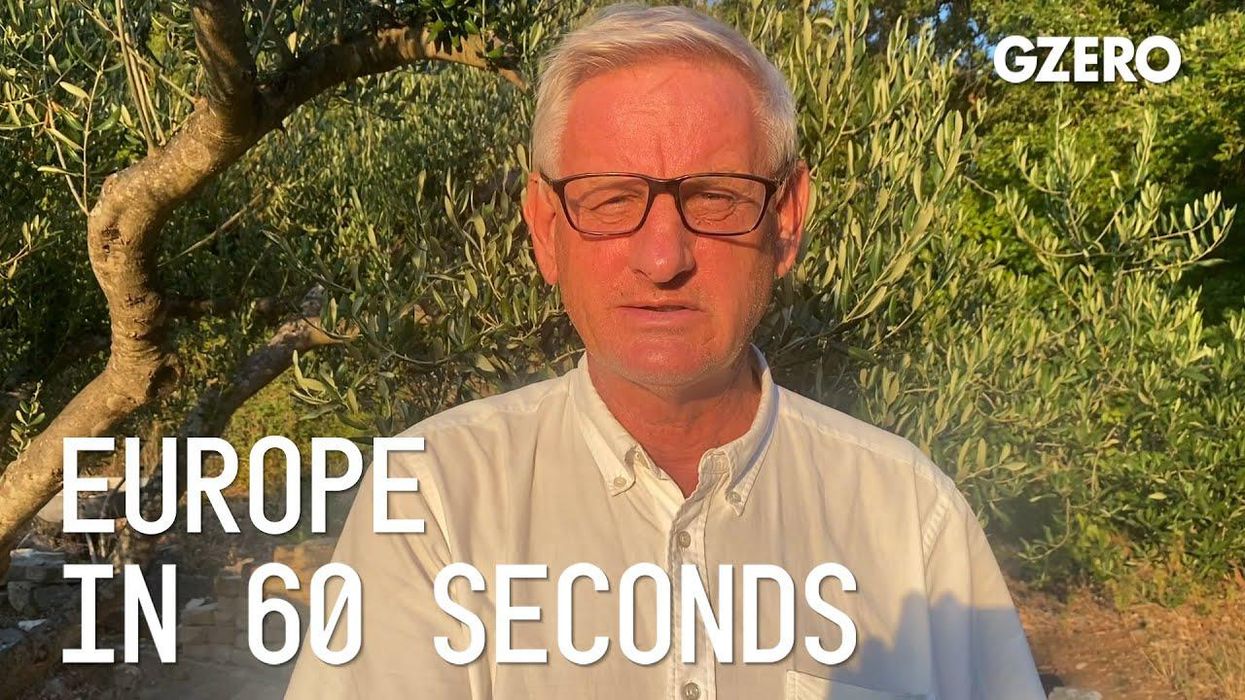ask ian
The US vs TikTok (and China)
Four years since the US declared COVID a national emergency, how did it permanently reshape the world? As the US House goes after TikTok, does it speak to a broader US-China battle? Finally, Princess Kate and the Photoshop fail heard around the world! Big deal? Ian Bremmer shares his insights on global politics this week on World In :60.
Mar 13, 2024
